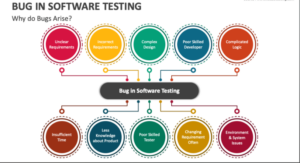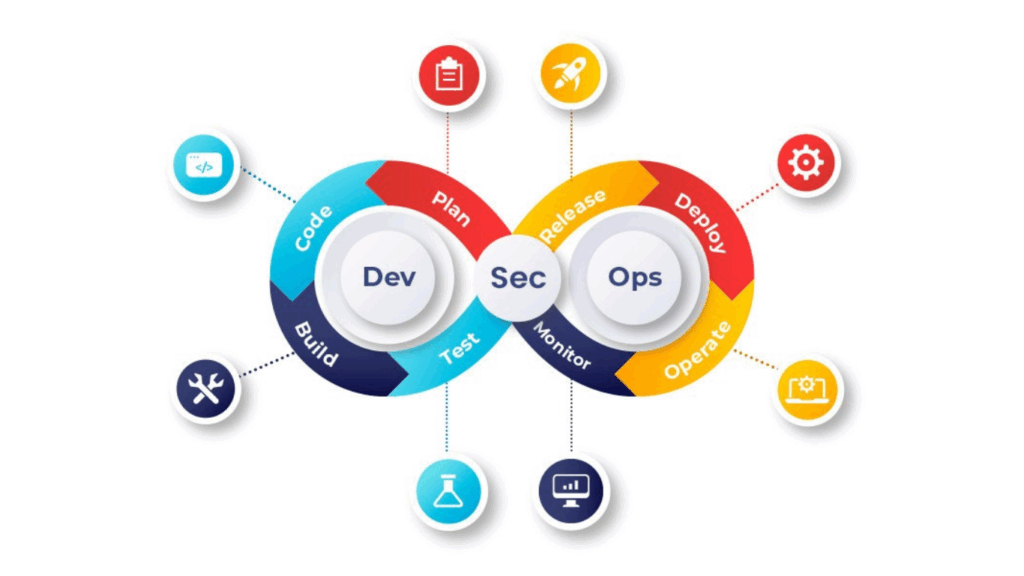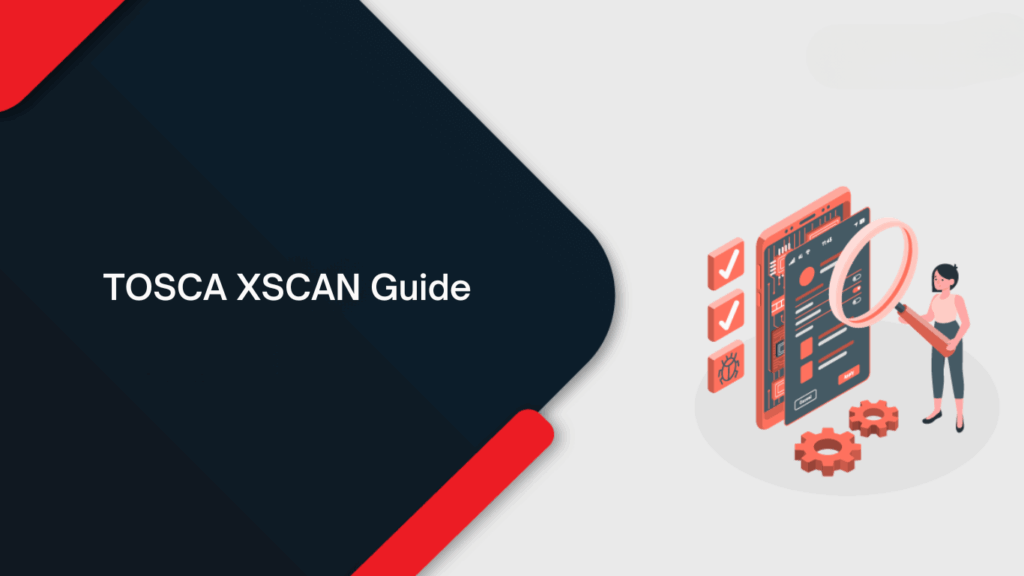In today’s data-driven world, the roles of data analysts and software engineers are critical in numerous industries. Both positions offer lucrative career opportunities, but they also come with distinct responsibilities, required skills, and salary prospects. In this article, we’ll compare the salaries of data analysts and Software engineers, examining various factors that influence their earnings.
Introduction
Understanding the salary differences between data analysts and software engineers can help aspiring professionals make informed career choices. This comparison will delve into the specifics of each role, the required skills, and the factors affecting their earning potential.
Role and Responsibilities
Data Analyst
A data analyst’s primary responsibility is to interpret data and provide actionable insights to help organizations make data-driven decisions. They collect, process, and analyze data using statistical tools and techniques. Data analysts also create reports, dashboards, and visualizations to present their findings to stakeholders.
Key responsibilities include:
Data collection and cleaning
Statistical analysis
Creating visualizations and reports
Identifying trends and patterns
Supporting decision-making processes
Software Engineer
Software engineers are responsible for the creation, development, and upkeep of software systems and applications. They work with programming languages and tools to create software solutions that meet user needs. Software engineers also collaborate with other developers, testers, and stakeholders to ensure the software’s functionality and performance.
Key responsibilities include:
Software design and development
Coding and debugging
Testing and quality assurance
Collaborating with cross-functional teams
Maintaining and updating software
Required Skills and Education
Data Analyst
Pursuing a career as a data analyst generally requires a bachelor’s degree in disciplines like mathematics, statistics, computer science, or economics. Essential skills for data analysts include:
Proficiency in statistical software (e.g., R, SAS)
Knowledge of programming languages (e.g., SQL, Python)
Data visualization tools (e.g., Tableau, Power BI)
Strong analytical and problem-solving skills
Attention to detail and accuracy
Software Engineer
Software engineers usually hold a bachelor’s degree in computer science, software engineering, or a related field. Key skills for software engineers include:
Proficiency in programming languages (e.g., Java, C++, Python)
Knowledge of software development methodologies (e.g., Agile, Scrum)
Experience with version control systems (e.g., Git)
Problem-solving and critical thinking skills
Proficiency in working effectively within a team setting
Industry Demand and Job Outlook
The demand for both data analysts and software engineers is high and continues to grow. The increasing reliance on data for business decisions and the rapid advancement of technology are major drivers of this demand.
Data Analyst
The job outlook for data analysts is positive, with many industries seeking professionals who can analyze and interpret data. Sectors such as finance, healthcare, retail, and technology are particularly in need of skilled data analysts.
Software Engineer
Software engineers are in high demand across various industries, including technology, finance, healthcare, and entertainment. The continuous development of new software applications and the need for system upgrades contribute to the growing demand for software engineers.
Salary Comparison
Factors Influencing Salaries
Several factors influence the salaries of data analysts and software engineers, including:
Level of education and certifications
Years of experience
Industry and company size
Geographic location
Technical skills and expertise
Average Salaries
While salaries can vary widely based on the factors mentioned above, here are some average salary ranges for data analysts and software engineers in the United States:
Data Analyst:
Entry-level: $50,000 – $70,000 per year
Mid-level: $70,000 – $90,000 per year
Senior-level: $90,000 – $120,000 per year
Software Engineer:
Entry-level: $70,000 – $90,000 per year
Mid-level: $90,000 – $120,000 per year
Senior-level: $120,000 – $150,000+ per year
Geographic Influence on Salaries
The geographical region significantly impacts salary levels. In regions with a high cost of living, such as Silicon Valley, New York City, and Seattle, salaries for both data analysts and software engineers tend to be higher.
For example:
In Silicon Valley, a senior software engineer can earn upwards of $150,000 per year.
In New York City, a mid-level data analyst might earn around $90,000 per year.
Conversely, in regions with a lower cost of living, salaries may be lower, but so are living expenses.
Conclusion
Choosing between a career as a data analyst or a software engineer depends on your interests, skills, and career goals. Both professions offer excellent salary prospects and a strong job outlook. Data analysts focus on interpreting and presenting data to drive business decisions, while software engineers develop and maintain software systems.





























